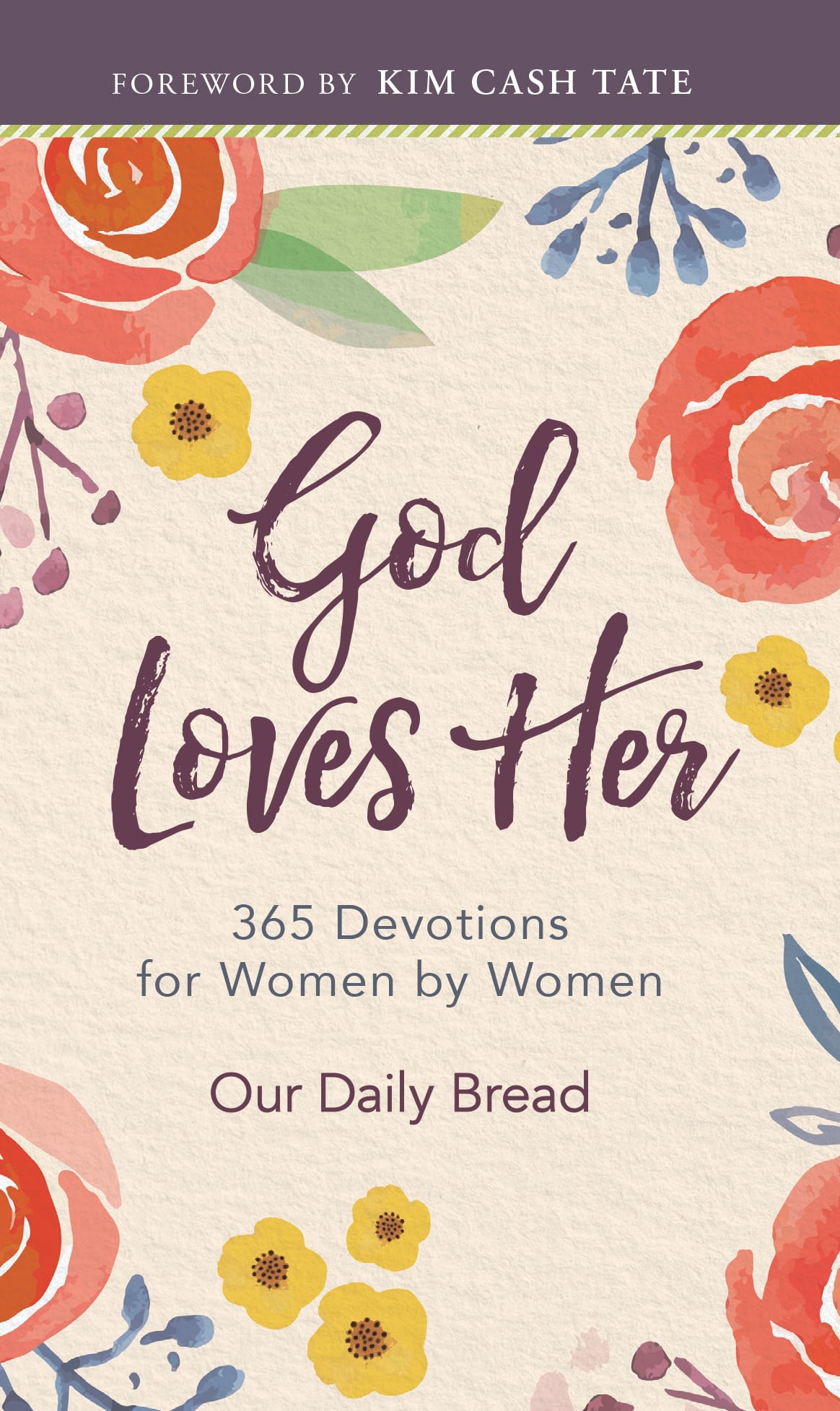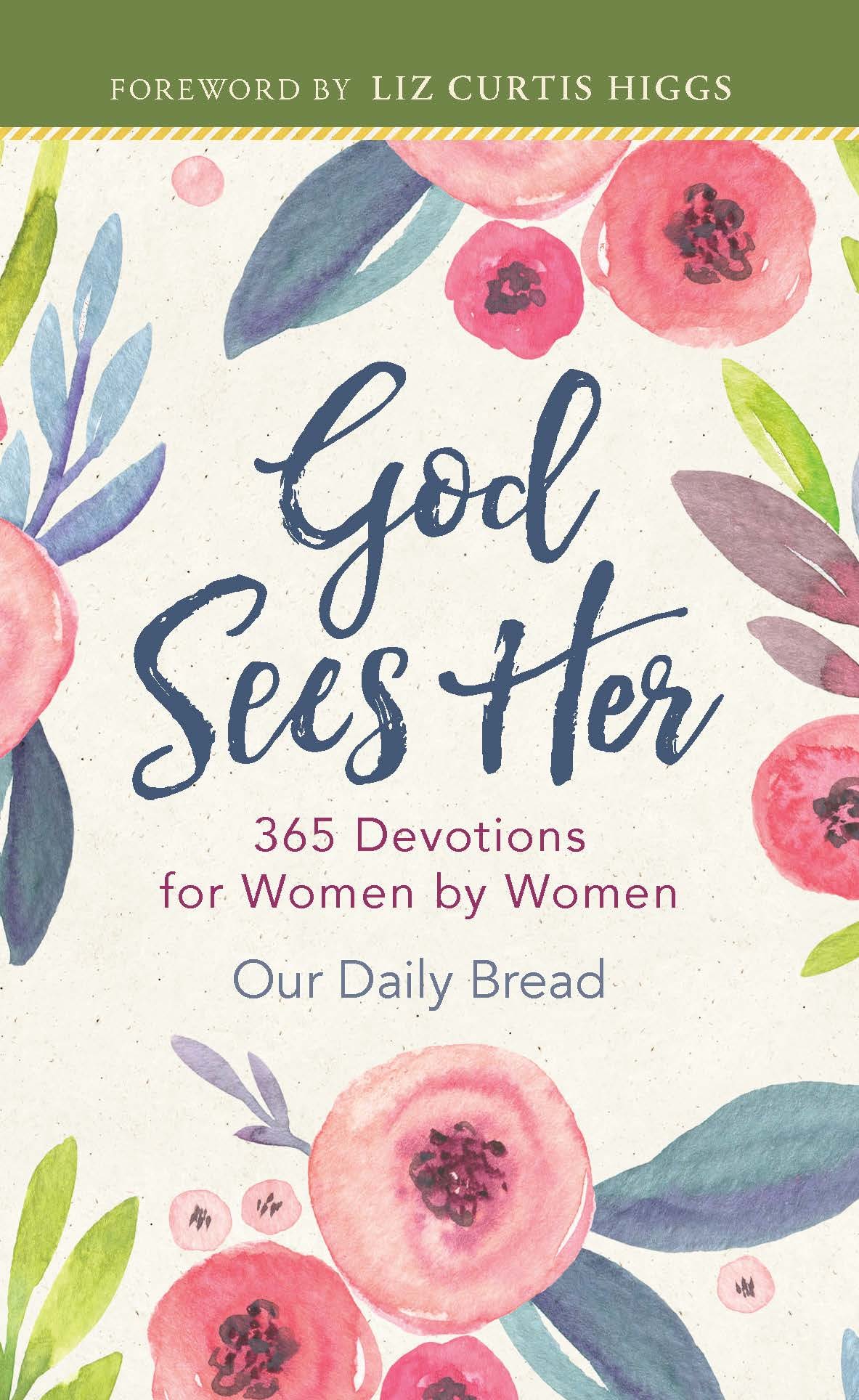Once upon a time, I shared my life with Charlotte (not her real name). Although we didn’t live in the same town, she and I prayed for each other regularly, cheering one another on. But one day—poof—she was gone. She left a group chat that we were both part of, and no number of emails, texts, or even old-fashioned letters brought her back. I wondered if an evil fairy godmother had made her disappear.
I wasn’t living in a fairy tale, however, and she didn’t magically return. I felt hurt, saddened, and bewildered. What could I have done to prompt her to leave without a trace? Many months later, I learned that she’d been hurt by how I had responded to her, which for me ushered in a new wave of pain and regret. Although we worked to find resolution, including forgiving each other, our friendship was never the same.
Important if Unrecognized
As I’ve experienced, and I suspect you may have too, friendships can be a source of grief and disappointment. They can also go unrecognized in terms of their importance in our lives; for instance, we don’t go to couples counselling for friendship issues, and we don’t receive compassionate leave from paid employment when a bestie dies. It’s also true that many of us don’t have a close friend—more than 20 percent of people lack one, and 51 percent find it hard to forge new friendships (according to the new Friendship Lab, set up by Sheridan Voysey in the UK).
Although our friends can cause us pain—and we can them cause pain too—these deep, intimate relationships can be one of life’s greatest joys. I may have ached with loss and experienced conflict because of my friends, but the love, companionship, intimacy, and joy I’ve felt through them far outweighs any hurt. They see me, and they value me in ways that build me up. We share laughs and memories; we celebrate our wins and commiserate over our disappointments; we pray for each other through our heartaches and struggles. I hope and pray that you too enjoy the deep riches that come through friendship.
Friends with Jesus
For a picture of what transforming friendship looks like, we can transport ourselves a few millennia back to Bethany, a small village a couple of miles outside of Jerusalem. Here was the home of Martha, Mary, and Lazarus, the closest friends of Jesus outside of His disciples, where He went for rest and companionship. The gospels give us just three pictures of their interactions, in Luke 10 and John 11 and 12, but from these accounts we see how friendship with Jesus changes a person.
Jesus values the sisters—and their brother Lazarus too, whom we never hear speak, who dies and whom He brings back to life (John 11:43). Jesus meets these three in their ordinary moments, such as when Martha got upset over her sister not helping with all of the work that needed to be done to host Jesus and His friends, who hadn’t texted ahead (Luke 10:40–42). And He comes to them in their times of crisis, when Lazarus died. Let’s look at one interaction between Jesus and Martha—after Lazarus dies, when Jesus delayed His arrival to His dear friends’ home—to see how friendship with Jesus changed Martha.
“Where were you?”
When Lazarus was ailing, the sisters send a message to Jesus that “the one you love is sick” (John 11:3). Although John in writing his gospel affirms this mutual love: “Now Jesus loved Martha and her sister and Lazarus” (v. 5), Jesus didn’t go right away to the grieving sisters. He had His reasons to delay, including so that the miracle of Lazarus’ resurrection would be upheld as the work of His Father. Yet while they waited, the women must have felt so overlooked and hurt.
When Martha heard that Jesus was arriving in Bethany, she springs into action to go meet Him. When she reaches Jesus, she states the obvious: “Lord! If you had been here, my brother would not have died” (v. 21). Her subtext is, What were you doing? Why weren’t you here? Yet she follows it up with a statement of faith: “But I know that even now God will give you whatever you ask” (v. 22). Martha trusts that Jesus knows best. She doesn’t demand that He brings her brother back to life, but expresses her faith in Him.
Then Jesus says that her brother will rise again, and Martha responds in the wisdom of the Jewish people then: “I know he will rise again in the resurrection at the last day” (v. 24). In speaking of the “last day,” she refers to God’s promises in the Old Testament: “In the last days the mountain of the Lord’s temple will be established as the highest of the mountains; it will be exalted above the hills, and all nations will stream to it” (Isaiah 2:2 and Micah 4:1).
Declaring Belief
What she says indicates that Martha thinks of Jesus as a miracle worker—someone who hears from God and does miracles on His behalf. But Jesus wants her to understand that He’s the one who saves. He delivers the pinnacle of the seven “I am” statements from John’s gospel: that He’s the resurrection and the life, and that all who believe in Him will live, even though they die (John 11:25–26).
Jesus, underlining the importance of His statement, asks her, “Do you believe this?” (v. 26). And she answers yes in faith, that He’s the Messiah who has come into the world. Hers is an amazing confession of faith, just as Peter in Caesarea Philippi confesses that Jesus is the Messiah. Martha’s declaration anticipates what John later says is the purpose of the gospel: “But these are written that you may believe that Jesus is the Messiah, the Son of God, and that by believing you may have life in his name” (20:31).
This interaction between Jesus and Martha demonstrates how when we converse with Him, He takes our limited understanding and expands it. First she thinks He’s merely a miracle worker, but then she understands that He’s the Messiah. She whom Jesus lovingly chastised now shines as a witness to who Jesus really is.
Martha then demonstrates her love for her sister as she goes back to Mary and tells her to go see Jesus—He’s asking for her (11:28). Martha now serves Mary; she’s no longer frustrated about her spending too much time with Jesus. We see Jesus’ love for Mary too, as He wants to comfort her in her loss and bereavement.
Our Friend
How about us, these many years later? We might view the close friendship of the siblings and Jesus with a touch of envy, thinking that we’ll never have that level of intimacy with Him. After all, they got to interact with Him in person. But what an amazing assurance we have knowing that Jesus rose from the dead and lives even now. Through the indwelling of the Holy Spirit, He wants to be friends with us too. As with Martha, He helps us to grasp the bigger picture to discern truths that would normally be out of our reach. He chooses us, prefers us, and showers on us as much agape love as He did the beloved sisters and brother.
God is not hampered by the limitations of time, space, and geography, because He’s the creator of time, space, and geography. We can be His friend too, and enjoy the closeness with Him that they had. Although we may experience pain and sadness in our friendships, we can cling to His promises that He’ll never leave us (see, for example, John 14:18 or Hebrews 13:5). He will never betray us nor fail to respond to us because He loves us.
How might you deepen your friendship with Jesus today? With others?
—Written by Amy Boucher Pye. Used by permission from the author and by Our Daily Bread Publishers, as some of the article was adapted from Transforming Love: How Friendship with Jesus Changes Us. Click here to connect with Amy.






